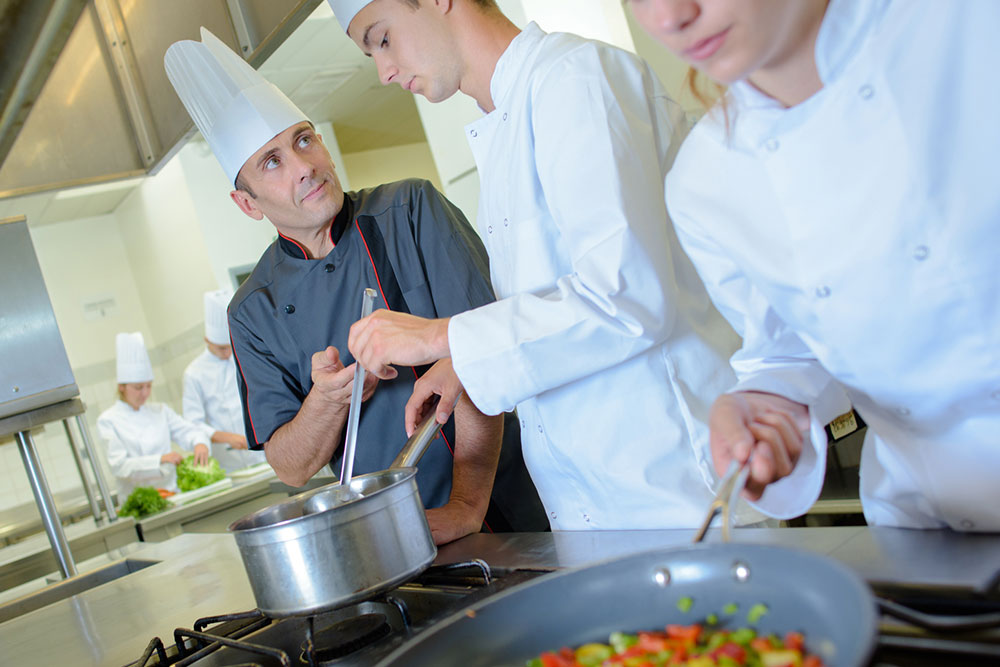Key Factors to Consider Before Enrolling in Online Cooking Schools
Explore essential tips for selecting the right online culinary program, including accreditation importance, course goals, institution reputation, application tips, reviews, and financial aid options. Making informed decisions ensures a quality culinary education tailored to your career or personal interests.

Important Tips for Choosing Online Cooking Programs
Starting an online culinary course can unlock exciting career paths or simply help you hone your cooking skills for personal enjoyment. Courses range from broad-based programs to specialized techniques. Although registration is usually easy, examining certain factors will help you pick the best fit for your goals.
1. Why Accreditation Matters
Selecting a school with proper accreditation ensures quality education. The American Culinary Federation (ACF) is a prominent organization that assesses culinary institutions, including those offering online classes.
For accreditation, a school must pass rigorous reviews of curriculum, instructor qualifications, facilities, and student support. Choosing an ACF-accredited program guarantees a standard of excellence and adds value to your certification.
2. Defining Your Course Goals
Clarify what you hope to achieve. Whether you want to become a professional chef, learn international cuisines, or improve home cooking, there’s a course designed for each objective.
Flexible, on-demand courses suit busy lifestyles and cover topics like food safety, culinary techniques, knife skills, and modern cooking. Popular areas include vegan cooking, baking arts, and hospitality management.
3. Reputation and History of the School
Industry reputation often correlates with years of operation. Established programs with long histories tend to offer more reliable education and extensive alumni networks, which can aid in job placements. Newer schools might lack proven quality unless properly accredited.
4. Application Process Insights
Most online culinary schools feature straightforward enrollment procedures. Some require a high school diploma; others may prefer prior kitchen experience. Eligibility assessments or tests might be part of the process. Review application details and costs carefully before applying.
5. Student Feedback and Reviews
Research feedback from former students to evaluate course quality and instructor effectiveness. Authentic reviews are valuable for making an informed decision and ensuring your expectations align with the program.
6. Tuition Costs and Financial Support
Culinary programs can be expensive, with some costing over $40,000. Since starting salaries in the culinary field are often modest, it’s wise to consider affordable options, like community colleges offering accredited courses for around $1,300. Financial aid, scholarships, and grants—such as those available through FAFSA—can help offset costs. Look into scholarships offering over $1.2 million annually, along with competitions that award educational funding.
Scholarship Opportunities
Participation in culinary contests can provide scholarships, reducing education expenses.
Financial Aid Options
Federal aid, including grants and loans, can significantly reduce tuition costs when you complete the FAFSA application.
Note: Our website offers comprehensive information to aid your decision-making. While we strive for accuracy, verifying details through multiple sources is recommended. Additional programs and opportunities may also be available outside of this overview.


